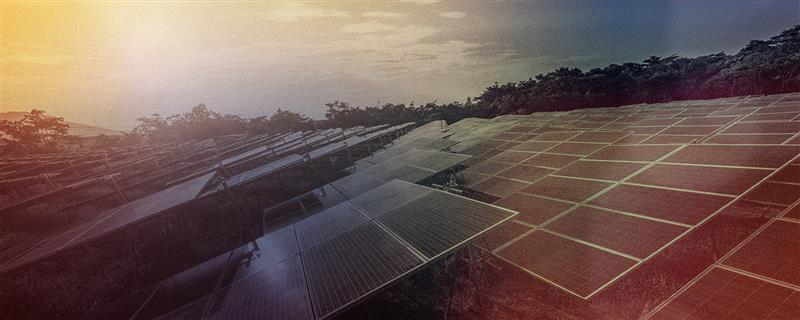The challenges for lawyers and business executives
The 21st century is soon to become Africa’s century. Africa is on the rise and is poised to become a major player on the world stage. Since the turn of the millennium, regional economies in Africa have been leading engines for economic growth.
There has been an increase in demand for African commodities and services, and growth in manufacturing is on the horizon, as underscored in the new African Continental Free Trade Agreement. Africa’s abundant fertile land awaits creative management and development.
But there are many challenges. Barriers to development include inequality, poor agricultural productivity, large youth unemployment, population explosion, climate change, pandemics, and corruption.
There is a need:
- to develop new and improved infrastructure
- to capitalize on and embrace emerging technologies to disrupt and transform education and industry
- to transform agriculture to economies of scale and to provide increased access to agricultural finance and technical assistance to leverage on hard mineral, petroleum, timber, agricultural, wildlife, and marine resources through greater value-added
- to foster entrepreneurship and assist small-and medium-size companies with improved access to finance and technical assistance
- to provide vocational, industrial, agricultural and on-the-job training for youths and adults, including girls and women to reduce barriers to movement of people, goods, services, and capital
- to foster a safe and secure and stable Africa, to protect and foster democratic governance and to eradicate corruption in all sectors of society
- to create improved governance in private and public companies to foster creative leadership in industry, government and all levels of education
- to build protective social systems that ensure housing, food, education, health care, sanitation and clean water
Additional challenges include global warming and the ability to confront and anticipate pandemics. Africa must itself be put on course to embrace new energy sources: solar energy, geothermal energy and wind power (and perhaps nuclear energy) to replace or reduce use of fossil fuels (and perhaps hydropower, which carries its own environmental, social and cross border problems).

